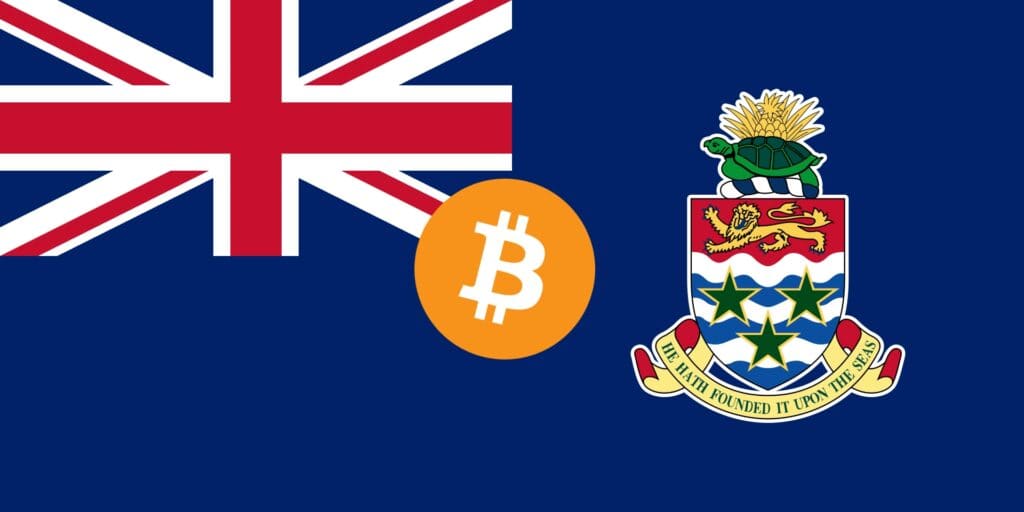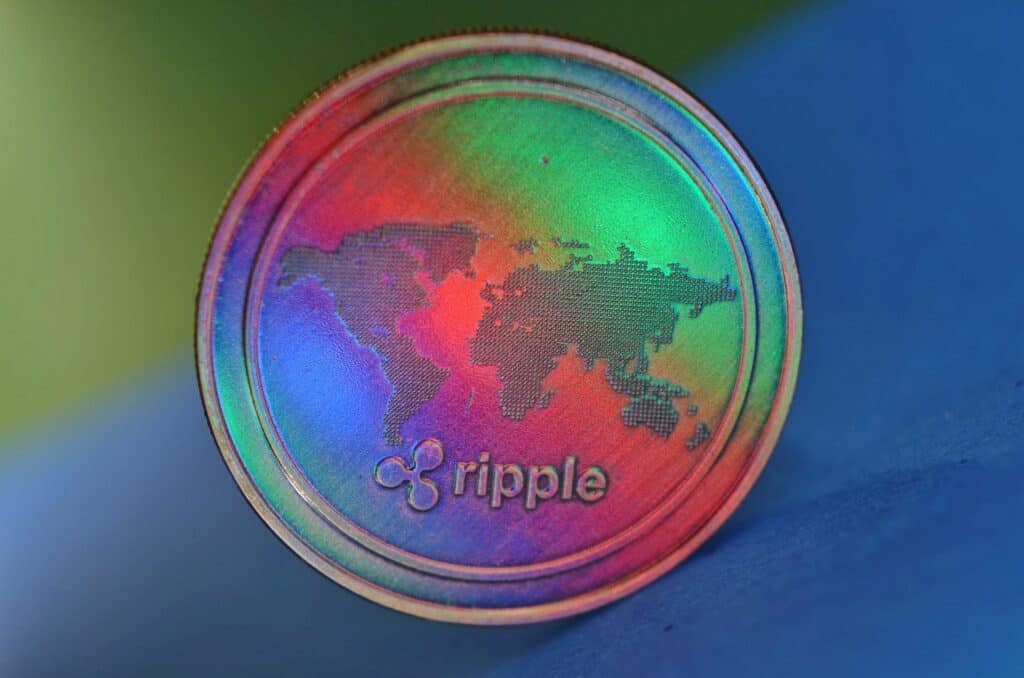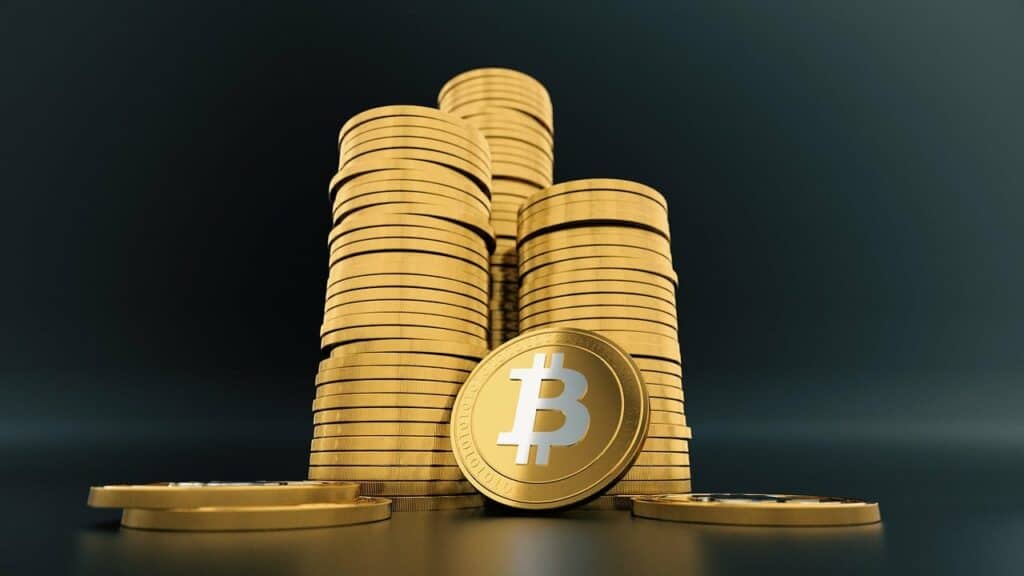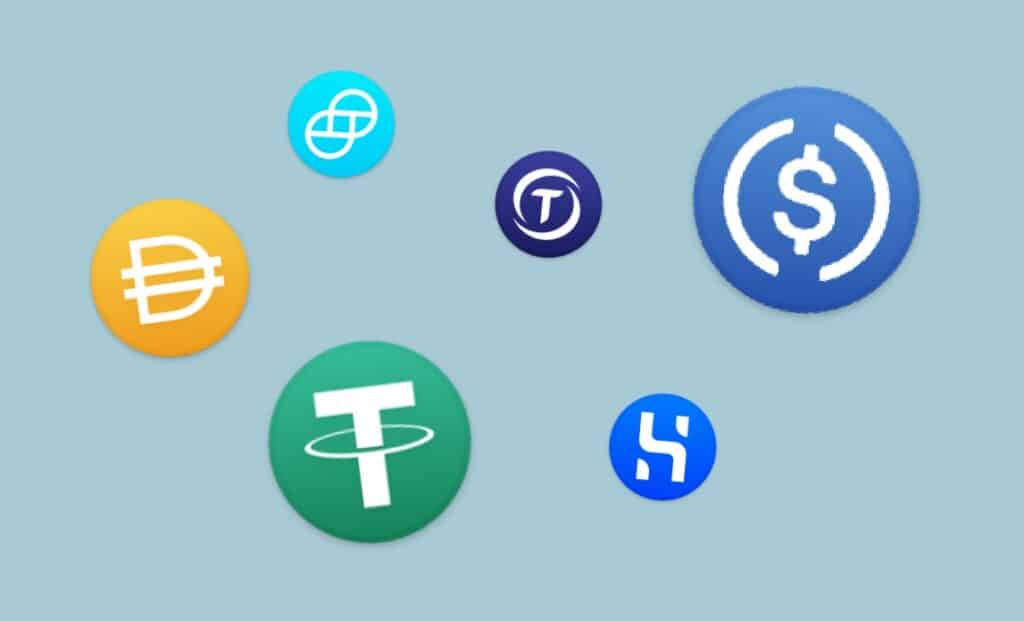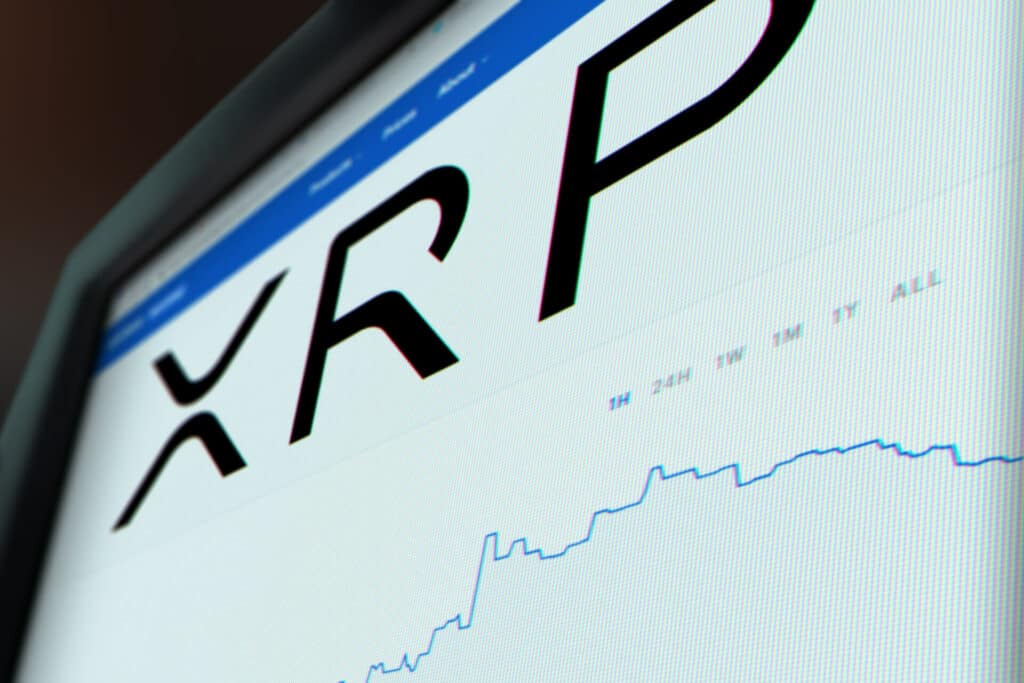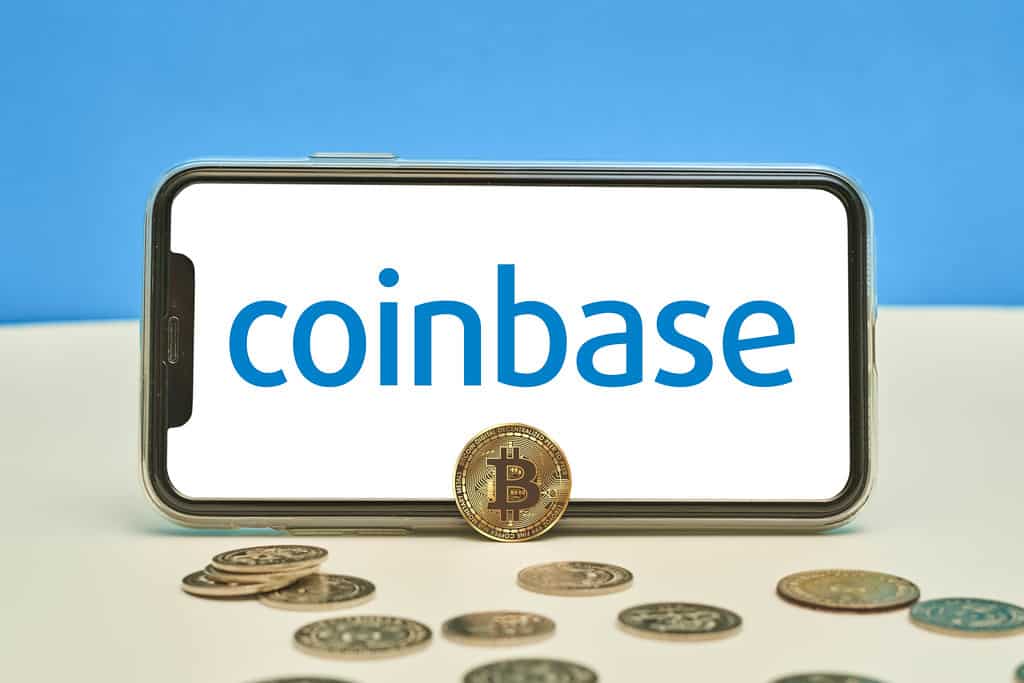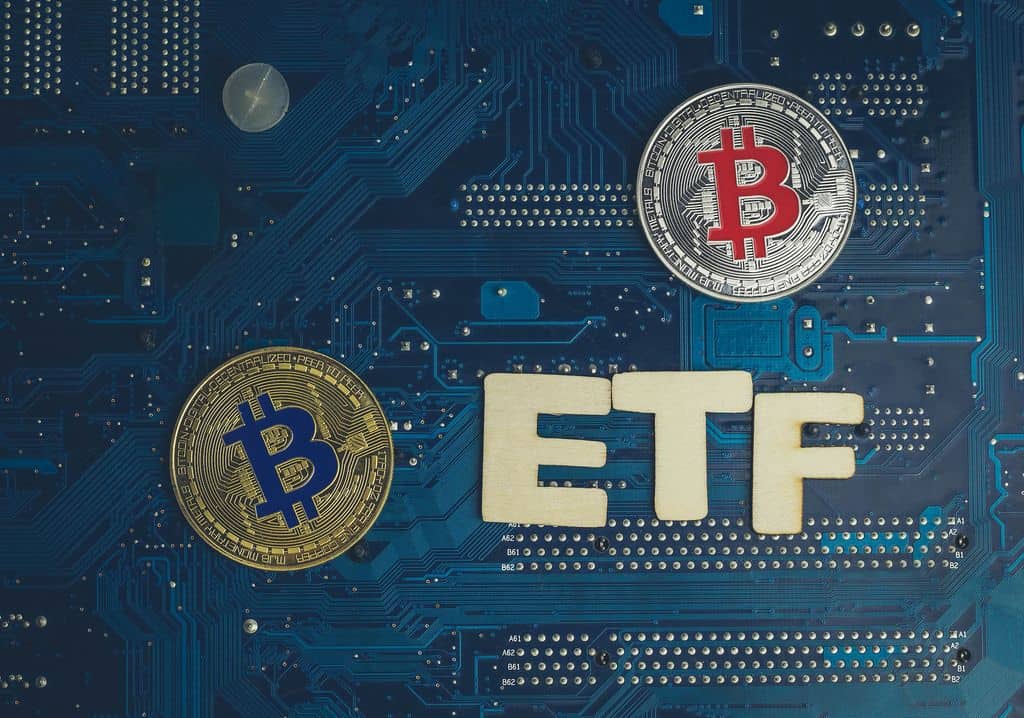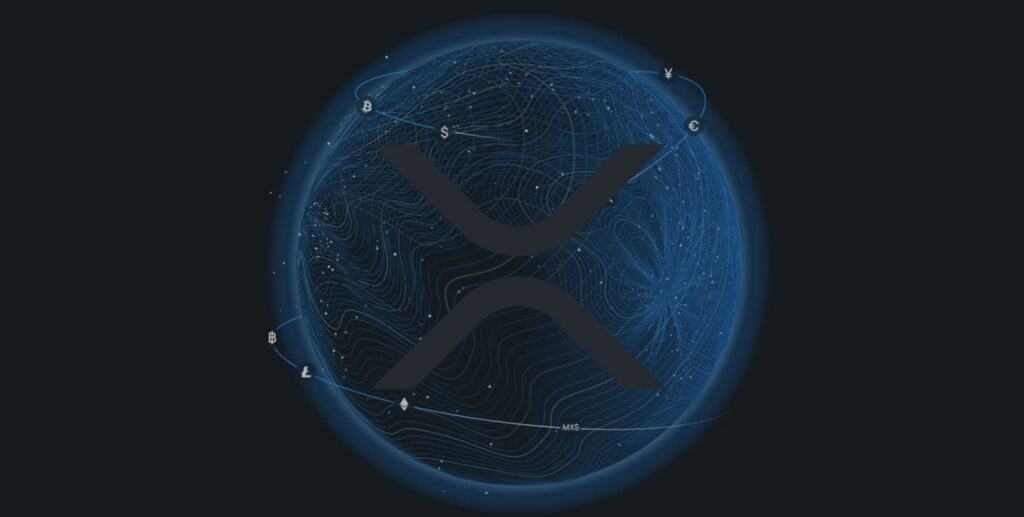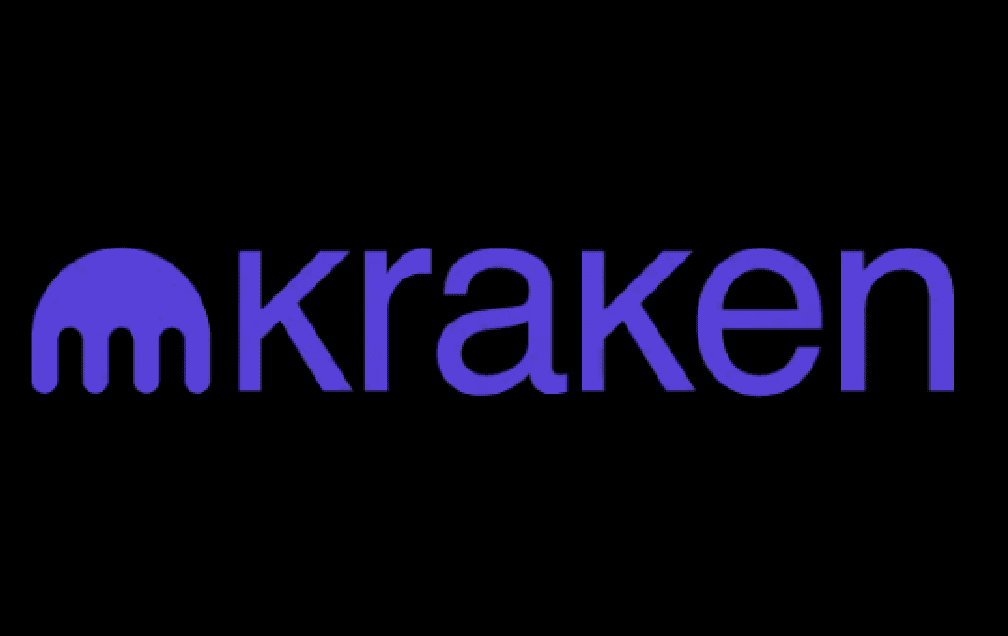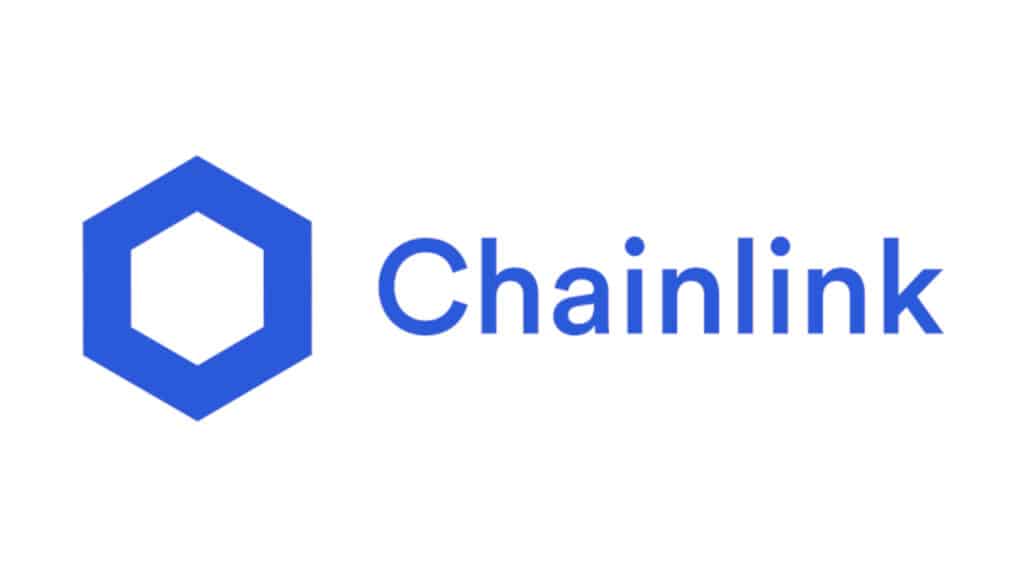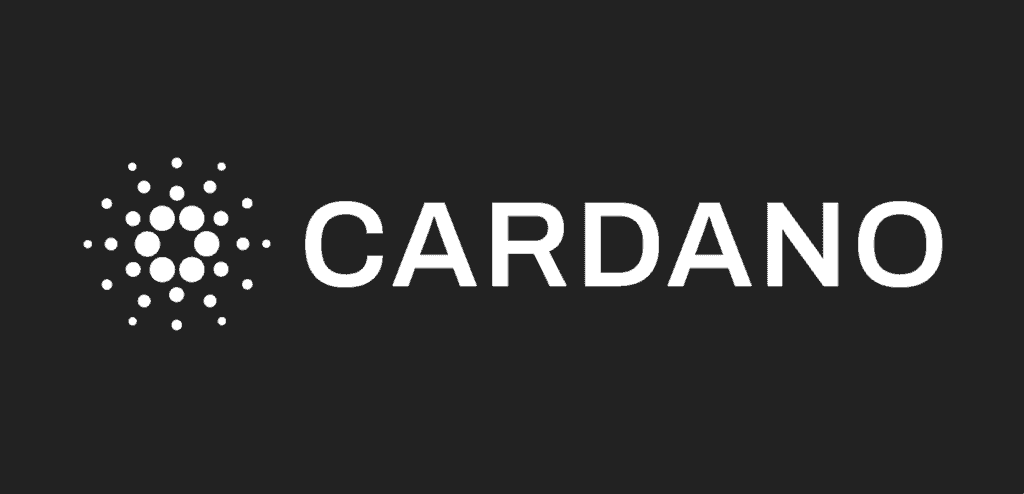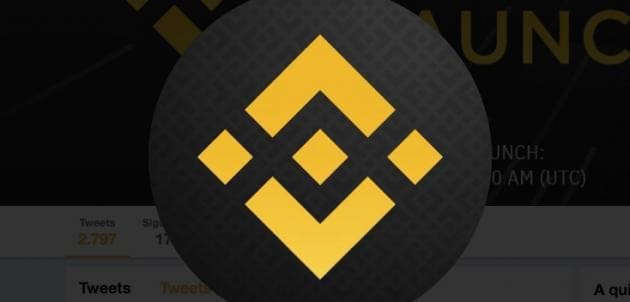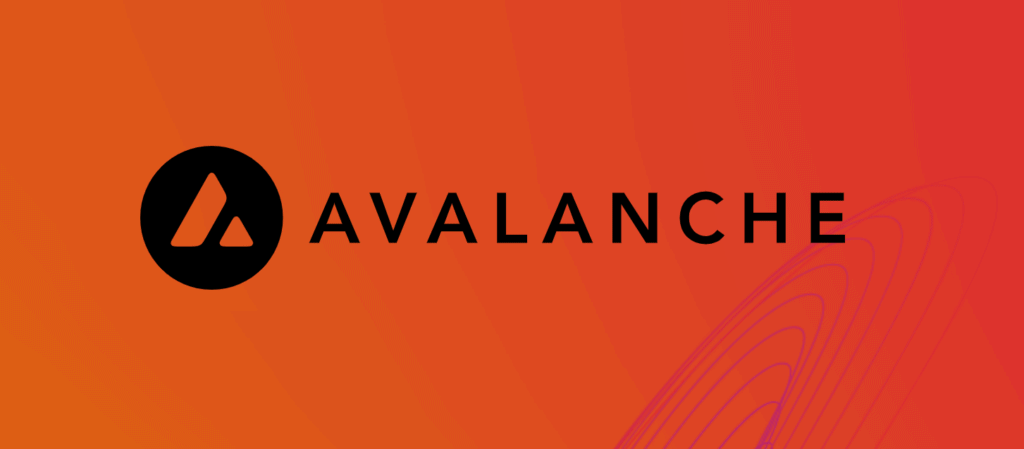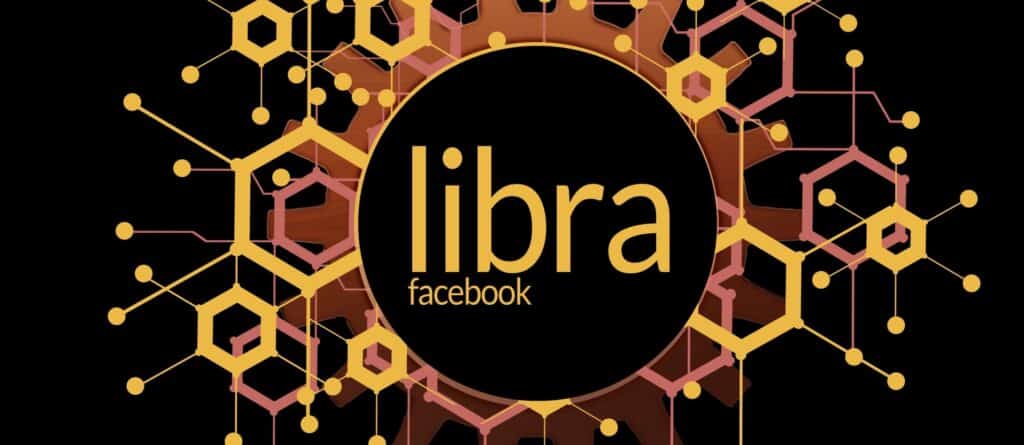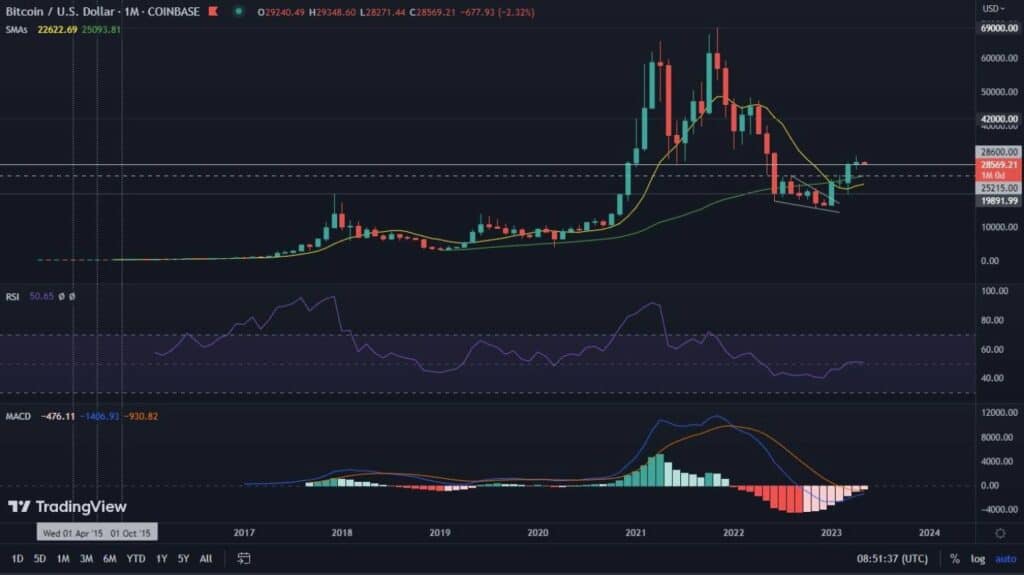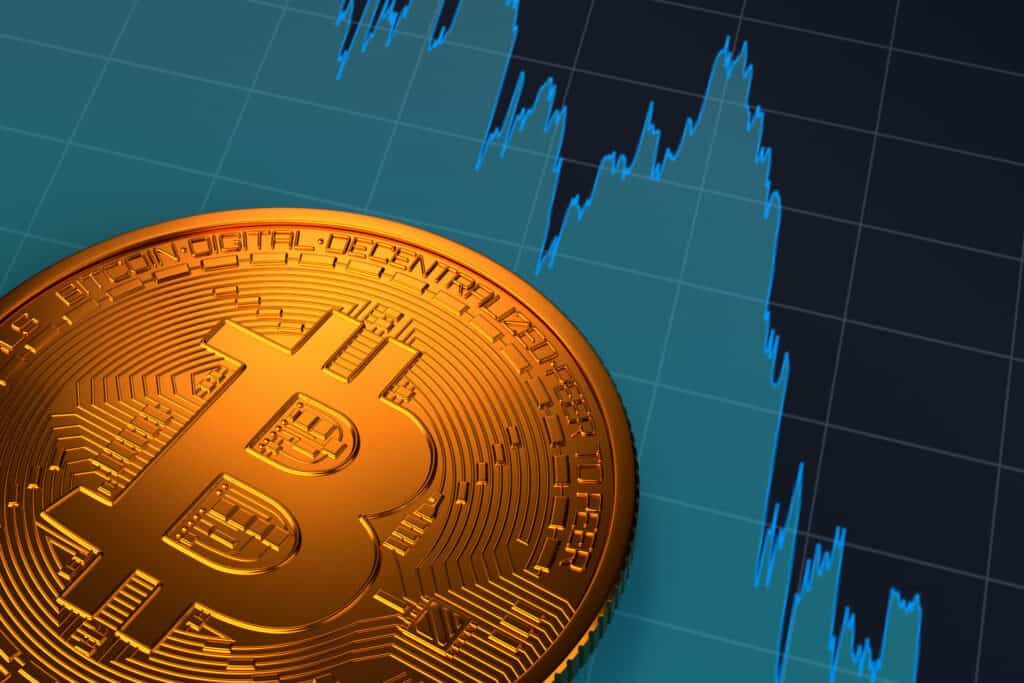On August 4, 2021, a rather controversial hard fork of the world’s second largest cryptocurrency, Ethereum (ETH), was launched. The “London” update, as that is the name of the said hard fork, introduces fundamental changes to the Ethereum ecosystem. We discuss what these changes are, as well as what they mean for investors, in the article below.
Ethereum’s problems
Like the Bitcoin (BTC) ecosystem, Ethereum has been struggling with scalability issues and high and unpredictable transaction fees. In recent times, these problems have intensified. This is due to the rise of decentralized finance (DeFi), which is de facto based on the Ethereum blockchain, as well as the growing interest in non-fungible tokens. The hard fork named after the city located on the Thames River aims to solve the aforementioned problems. If you think of the Ethereum blockchain as a highway, the “London” update adds some new lanes to it.
What does the “London” hard fork change?
The “London” update consists of five demands of the EIP, or Ethereum Improvement Proposal. The postulate that has been most anticipated by users is postulate EIP-1559. It changes the way transaction fees are calculated. Currently, these fees are calculated on a bidding basis between users. Users bid on how much they are willing to pay to have their transaction picked up by the miner. As a result, the whole process becomes extremely expensive. As postulated by EIP-1559, this process will be handled by an automated system that predetermines the amount of the fee based on the network load. EIP-1559 also doubles the block size of Ethereum, which in theory allows it to process twice as many transactions in the same amount of time.
Other Ethereum-related innovations are also being worked on, including the migration from a proof of work (PoW) model to a proof of stake (PoS) model. This migration is expected to take place later this year or in early 2022.
What does EIP-1559 mean for investors?
Ethereum (ETH) is known for its smart contracts, which include decentralized finance, non-convertible tokens, and NFT. The “London” hard fork, first of all, shows investors that the ecosystem is still being actively developed and is not stagnating. In the long run, the changes carried out give hope for the deflation of the ETH token by reducing its supply. This would be the most favorable scenario for its investors.


